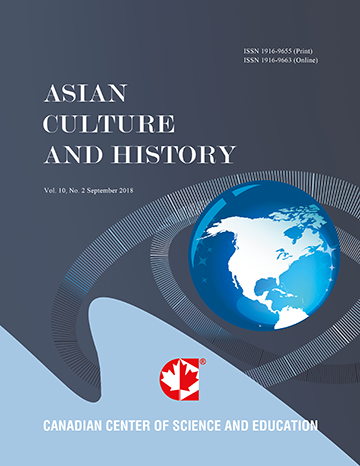Father-son Education in the Ancient Chinese Classics Guoyu and Zuozhuan
- Ho-kin Tong
Abstract
The hexagram “jiaren gua” 家人卦 (The Family) of Yijing 易经 (Book of Changes), a divination manual in the Western Zhou period (1046–771 BC) advocates a strict father image in family management. Is the Pre-Qin father really a strict figure? To answer this question, taking the two major Pre-Qin historical texts Guoyu 国语 and 左传Zuozhuan as targets, three sub-questions will be addressed: (1) What kind of family education records are collected in these texts? (2) How is father-son education represented in these texts? (3) Why is father-son education represented in such a way in these texts? A comprehensive textual research on a father’s role represented in these texts was conducted to collect relevant data to answer the three sub-questions. The data collected was then interpreted by a hermeneutics method, with educational and sociological perspectives to propose an answer to the main research question. The strict but caring fathers represented in these two learning texts are role models for learners and readers in that period. This role model creates a heavy burden on male leaders of upper class families because no matter fathers or sons, they have to have a high moral standard to safeguard their families. Being an upper class father in the Chunqiu period 春秋 (c.770-c.476 BC) is a difficult task as he has to strike a balance between strictness and love to teach his sons. This is also true for today’s fathers.
- Full Text:
 PDF
PDF
- DOI:10.5539/ach.v12n2p12
Journal Metrics
Google-based Impact Factor (2017): 5.42
h-index (January 2018): 11
i10-index (January 2018): 21
h5-index (January 2018): 6
h5-median (January 2018): 9
Index
- Academic Journals Database
- CNKI Scholar
- COPAC
- EconPapers
- Elektronische Zeitschriftenbibliothek (EZB)
- Excellence in Research for Australia (ERA)
- Genamics JournalSeek
- Google Scholar
- Infotrieve
- LOCKSS
- MIAR
- NewJour
- Open J-Gate
- PKP Open Archives Harvester
- Publons
- RePEc
- Scilit
- SHERPA/RoMEO
- Standard Periodical Directory
- Technische Informationsbibliothek (TIB)
- The Keepers Registry
- Universe Digital Library
- WorldCat
Contact
- Ivan YongEditorial Assistant
- ach@ccsenet.org
